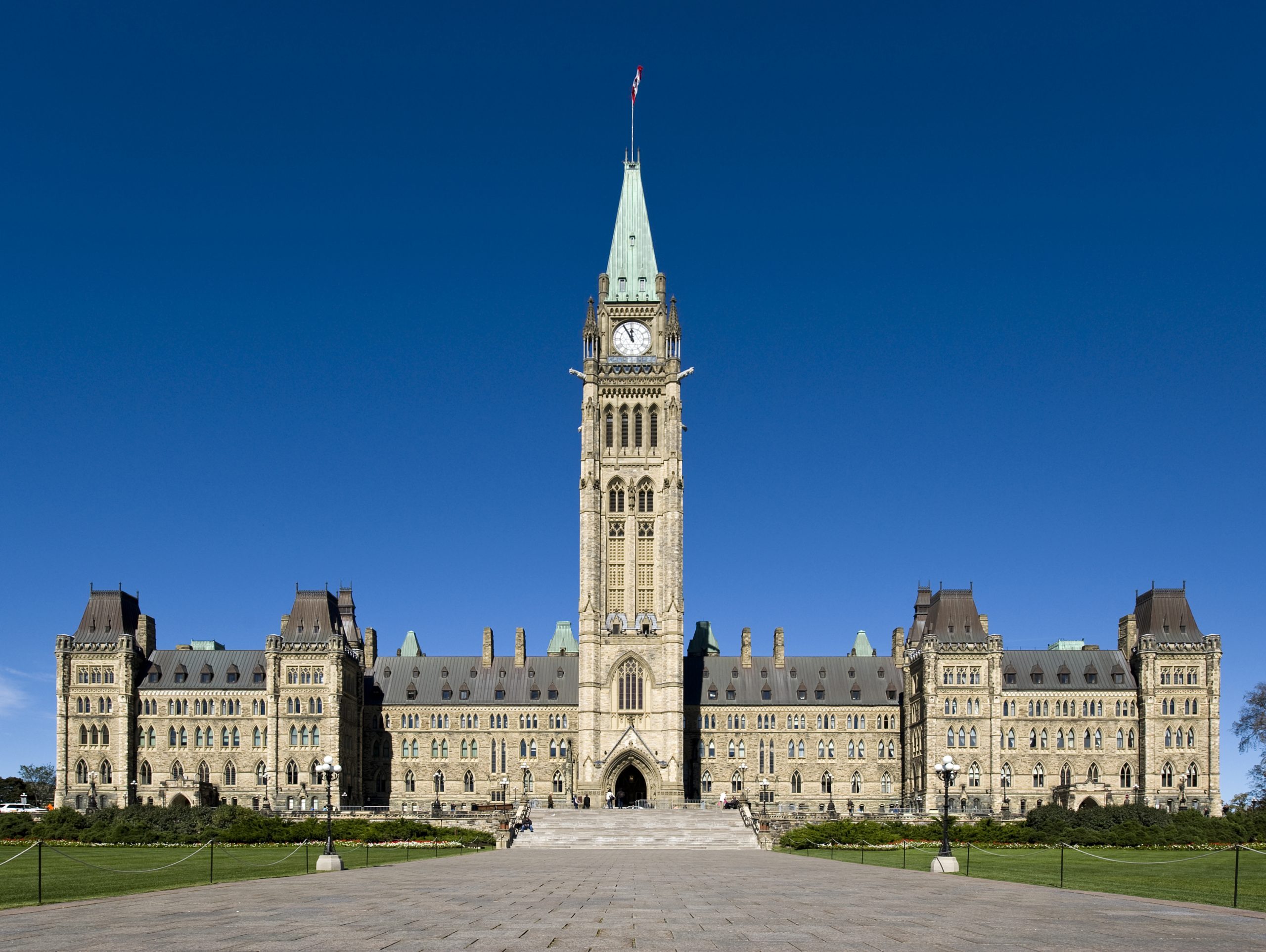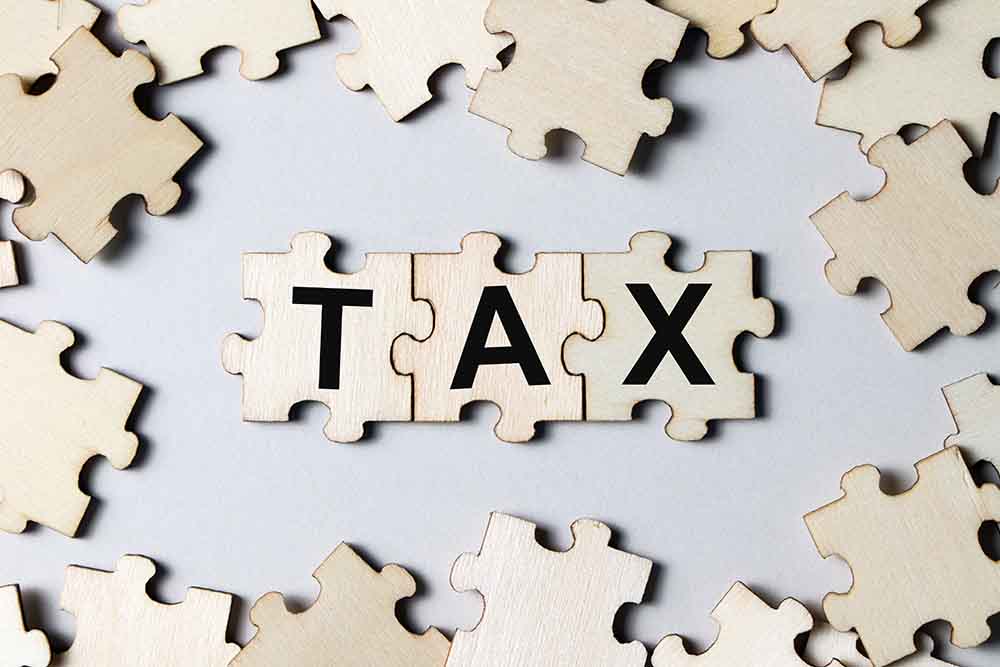“I did a little calculation yesterday,” says Stuart Iliffe, a Canadian working in Hong Kong as chief financial officer of publishing house PPP Co. Ltd.
“If I earned $100,000 [all figures Canadian unless noted] in Canada, after tax I would keep $64,000. If I earned $100,000 in Hong Kong, and made use of the married man’s tax allowance, I would keep $90,100.”
Those are startling figures – and they don’t even take into account that the former British colony – since 1997 a special administrative region (SAR) of China – has no goods and services tax, harmonized sales tax or value added tax.
Canadians shopping in Hong Kong, Mr. Iliffe observes, are often agreeably surprised when they present their purchases at the till, and find that they haven’t been charged another 13 per cent on top of the shelf price.
“Of course Hong Kong people visiting Canada are surprised, too, but not in the same way,” he adds.
Mr. Iliffe previously worked in Hong Kong from 1986 to 1991, and returned in 2011 after 12 years in Ottawa. He believes the SAR’s simple, flat, low-tax regime is the foundation of its renowned economic dynamism.
“Hong Kong keeps it very simple. There’s no capital gains tax, there’s no dividend tax, there’s no tax on interest, and you are only taxed on income earned in Hong Kong – not overseas. The system here makes people more entrepreneurial. Maximum personal tax is 15 per cent, but there are lots of allowances to get it lower, and corporate tax is set at 16.5 per cent – so people are not spending half their time trying to avoid or evade. You have money in your pocket and you do things with it. You invest. You buy shares or you start second businesses,” he says.
Ayesha Lau, partner in charge of Hong Kong tax at KPMG China, broadly agrees with Mr. Iliffe, but takes the view that low and simple taxation is one among a number of factors that make the city competitive. “Others are the rule of law, respect for private property, freedom from corruption in the business environment, efficient government, the free flow of capital – we have no exchange controls – protection of intellectual property rights, and the strategic location as a SAR which is part of China,” she says.
“You need to be able to make a profit before you pay tax, so the entrepreneurial culture is not driven by tax alone.”
Historically, however, it is certainly true that in Hong Kong both private individuals and companies have long felt secure in the assumption that they will be able to retain most of the money they earn, as a matter both of course and of right.
Before 1940, Hong Kong imposed no tax on income. One was introduced as a wartime emergency fundraising measure, and later made to stick by the colonial government. It was originally set at 10 per cent.
In 2010, former Hong Kong resident Michael Littlewood, now of The University of Auckland Business School in New Zealand, published a history of the Hong Kong tax system, aptly called Taxation without Representation.
In the book, Dr. Littlewood argues that Hong Kong tax has remained at a low level largely because of a tug of war between government and the business community – which the latter has generally won.
The city is full of paradoxes, and one of these, as Dr. Littlewood points out, is that Hong Kong’s tax system, fundamentally unchanged since 1940, “is both seriously out-of-date and ahead of its time.”
He calls the system “perhaps the most successful the world has ever seen.”
Its great merit, as he sees it, is not merely that the tax burden is light, but that it enjoys broad-based popular support – largely because it falls mostly on those most able to pay.
Thanks to generous allowances for individuals on low incomes, the majority of Hong Kong’s population of about seven million pay little or no tax, and, in many cases, live in subsidized public housing.
This is possible partly because the Hong Kong government is in the unusual position of being able to substantially supplement its tax revenues with sales from the land bank – it has the freehold on almost all land in the SAR – and through property sales stamp duty, which controversially doubled in February this year.
It also operates on an annual revenue surplus when most economies in the developed world run on a deficit – one reason Hong Kong has been largely untroubled by the austerity measures implemented elsewhere.
“Canada raises revenue through direct taxes and then indirect taxes like GST/HST. Hong Kong can keep tax low because of other sources of income,” says Mr. Iliffe.
“The surplus last year was $64.9-billion [Hong Kong or $8.6-billion Canadian]. Over the last five years the average surplus has been $50-billion.”
Nevertheless the government wants to broaden its revenue base, and the future implementation of a GST cannot be ruled out entirely.
“The absence of a GST makes a lot of goods cheaper in Hong Kong than if purchased in China. That attracts more tourism, and boosts the economy. On the other hand, if we had one, it would provide a steady stream of revenue to the government,” says Tracy Ho, tax leader for Hong Kong and Macau at Ernst & Young.
“In the long run, a GST might be considered, but I don’t see it happening in the next five to 10 years,” says KPMG’s Ms. Lau.
Personal and corporate taxes are unlikely to rise much, if at all. Not only are low taxes recognized by the government as fundamental to Hong Kong’s ability to compete, the right to them is enshrined in Article 108 of the SAR’s basic law.
Clearly most countries running deficits could not adopt Hong Kong’s simple low-tax policy overnight, but as Dr. Littlewood points out, its success is proof that such a system can work in a developed economy, and is surely an argument for simplifying overcomplicated tax law, which encourages taxpayers to search for loopholes rather than just to pay up.
As Ms. Ho points out, in Hong Kong, a personal tax return has only four pages.
“Our system is simple and easy to understand,” she says. “Compared to just about any other tax law, ours is probably the thinnest version.”
Editor's note: An earlier version of this story incorrectly quoted a Canadian working in Hong Kong saying that if he earned $100,000 in Canada, after tax he would keep $54,000. In fact, he would keep $64,000.


